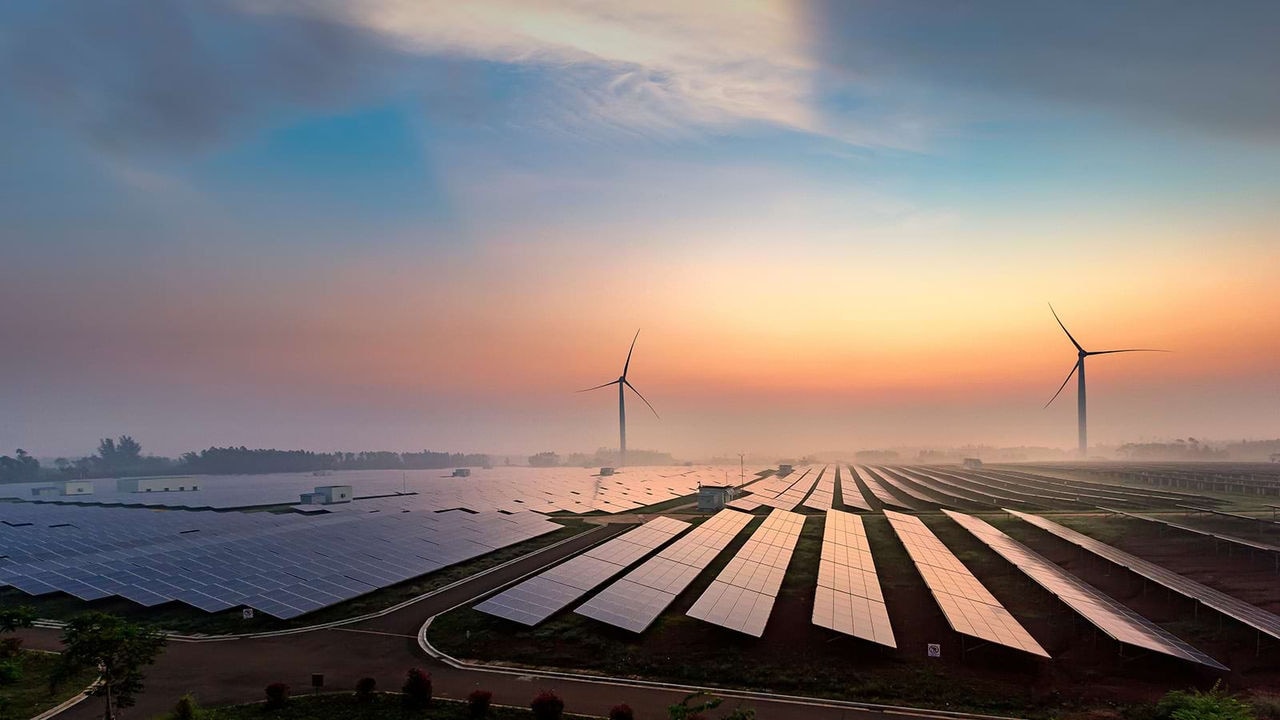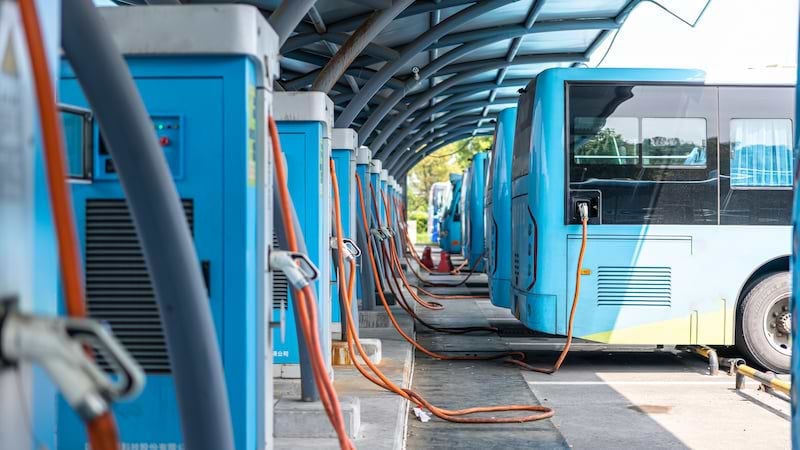
Strategy and management for long term resilience
Sustainable energy and utilities

The transition towards more sustainable power and utilities affects both the producers and their client companies: as more and more companies seek sustainable utilities, producer companies need to adapt their own business models to embark on the decarbonisation journey as well as to secure efficient supply and management at an acceptable cost.
The supply/cost balance is complicated by many factors, such as supply crises, short term price spikes or disruptive technologies. Ensuring long term resilience is about strategising and optimising processes to prepare to address these challenges. In particular, achieving energy efficiency and CO2 gains are a prerequisite for survival.

ESG-related requirements relating to power and utilities – including oil, natural gas, renewable and green energies (green hydrogen, biomass, wind, solar, etc.), water and waste streams – are driving the need for profound, systemic changes. From transitioning to alternative or innovative energy sources, to optimising water use and waste streams, to building a more resilient supply chain….
These changes in turn can impact every aspect of the business, from product development to manufacturing and operations, to workforce. They can ultimately transform a company’s real value, reputation and brand value, and customer relations.
“Energy crises impact business today, but climate emergency will be the driving force for change tomorrow.”

From reactive to proactive
Until recently, most companies naturally sought energy efficiency gains to improve their bottom line. Now, however, complex factors – e.g. climate change, and regulatory, investor and customer pressure – are pushing for a transition away from the traditional fossil based economy.
The current energy market and its supply and price volatility are creating new business challenges, which will persist even when immediate crises are resolved. Companies may take a business-as-usual, reactive approach with short-term mitigation measures, or take more proactive and radical steps, becoming trendsetters or early adopters in the global economic transformation.
Either way, over the coming years, companies are facing massive investments to meet ESG requirements: some of the heaviest investments are related to power and utilities.
Partner with PwC for a successful transition
We can support you to develop a strong, fit-for-future business model including all essential non-financial ESG criteria.
PwC takes a structured approach, addressing your entire operating model in order to mitigate current risks through quick wins, and extract maximum value for the long term.
This results in an actionable game plan to pull through the crisis while building resilience and competitive advantage. We will thereby support you in exploring the various funding and grant mechanisms and tax incentives to help you in funding this transition.
- Long term
- Mid term
- Short term
Long term

Decarbonisation journey in accordance to sustainability targets and regulatory pressure (e.g. Fit for 55) in which we will define an energy cost reduction
Mid term

Collaboration to identify best way to operate in time of crisis and be ready in moment of volatility through tailored high energy price mitigation plan per business units
Short term

Maturity assessments of assets, OEE (overalle equipment efficiency), operation model & supply contract playing a central role to mitigate hot spots in energy consumption & cost pressure
For example we can support you with:
- • analysis of external factors and company-specific factors to develop a risk exposure profile
- • cost structure analyses and scenario modelling to define a procurement strategy
- • sourcing and contract management of renewable or green Power Purchase Agreements (PPA)
- • fleet analysis and optimisation
- • analyses and creation of predictive models to identify energy consumption pain points
- • strategic location decisions, site selection and location benchmarking, to optimise the general or manufacturing footprint, match supply to demand, secure the right infrastructure, take advantage of regional cost differentials, etc.
- • exploration of possible grants and incentives to fund your transition
- • impact on your carbon footprints and underlying value chain
- • optimised governance regarding CO2 allowances and ETS markets
- • implementation of tools to monitor your performance on your decarbonisation challenges
Contact us













